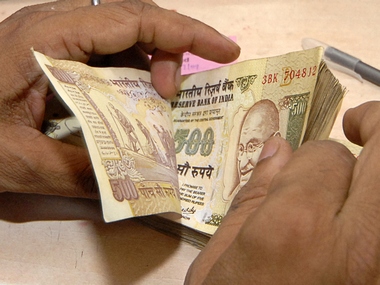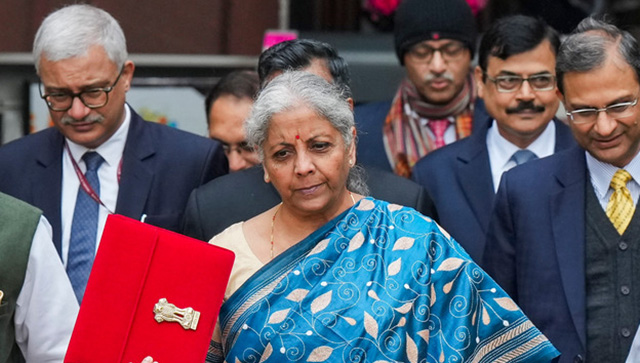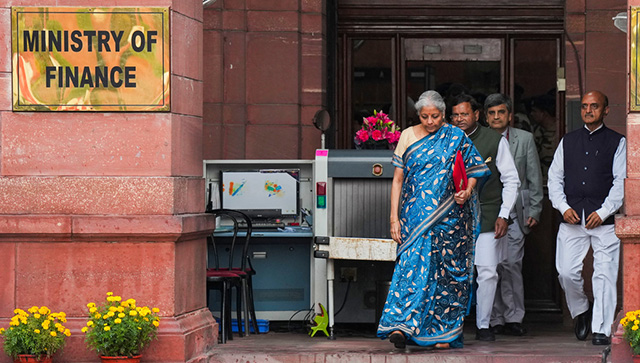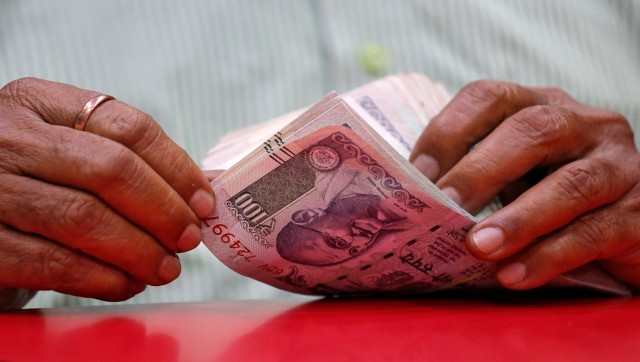The rupee will appreciate from the current level only if the Indian government moves ahead on the reforms front and only if the US Federal Reserve does not aggressively start cutting its quantitative easing measures, said Dharmakirti Joshi, chief economist, Crisil Ltd.
The rupee could strengthen to about 56 by March 2014, only if these conditions are met, he said.
The rupee was always a worry as India was vulnerable on the external sector and now currency’s sharp decline has nullified all the benefits that India could have enjoyed from the fall in global prices of commodity prices.
“Our calculation show that if the rupee averages at around 58 for the year, then all the benefits of the lower crude and commodity prices get nullified and we end up with an end-of-the-year inflation of 6 percent, not 5.3 percent which we had earlier assumed,” he told Firstpost in an interview.
Also balance sheets of corporates which have unhedged overseas borrowings also could take a hit due to the rupee depreciation, he said.
Crisil has a 5.1 percent fiscal deficit target for the year which is higher than the government’s budget estimate and so has not yet revised this due to the recent developments on the currency front. However, the rating agency is closely watching a likely excessive subsidy bill and the impact of the Food Security Bill, if it gets pushed through.
“The risks are on the upside side for the fiscal deficit even exceeding our 5.1 percent target,” he said.
As of now, Crisil is maintaining its growth estimate of 6 percent too, but does not see much scope for rate cuts. At the best 25 basis points for the year, that too not in the July policy, he said.
The recent reform steps taken by the government can’t correct the direction of the currency very significantly because the trend over the last 4-5 years has been of a weakening rupee.
“…Every time the rupee weakens very sharply, then we see some appreciation, and then the next level it settles is lower than the previous level. This trend cannot be reversed unless the growth dynamics of the economy changes or unless the current account deficit comes down very significantly,” he said.
The reforms should not only be aimed at attracting foreign capital to the economy, but also to improve the growth prospects. This is possible only by putting in place laws regarding land acquisition and mining, which have been pending for long.
“A breakthrough in these will be a major pull factor,” he said.
The government should also take steps to improve the export competitiveness which will help bridge the ever widening trade deficit.
“There has been a complete loss of our competitiveness,” he said.
)
)
)
)